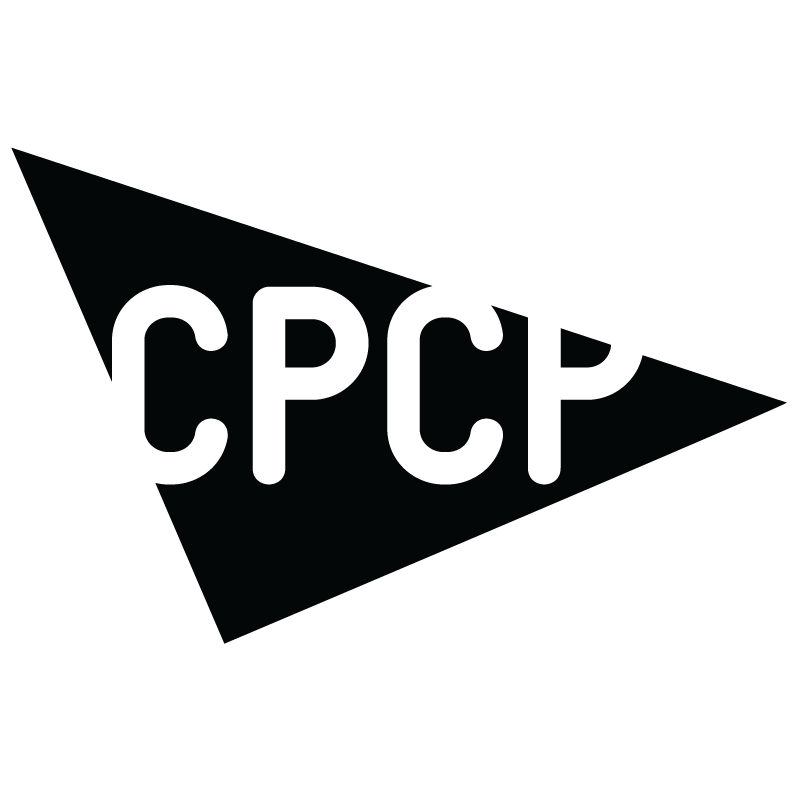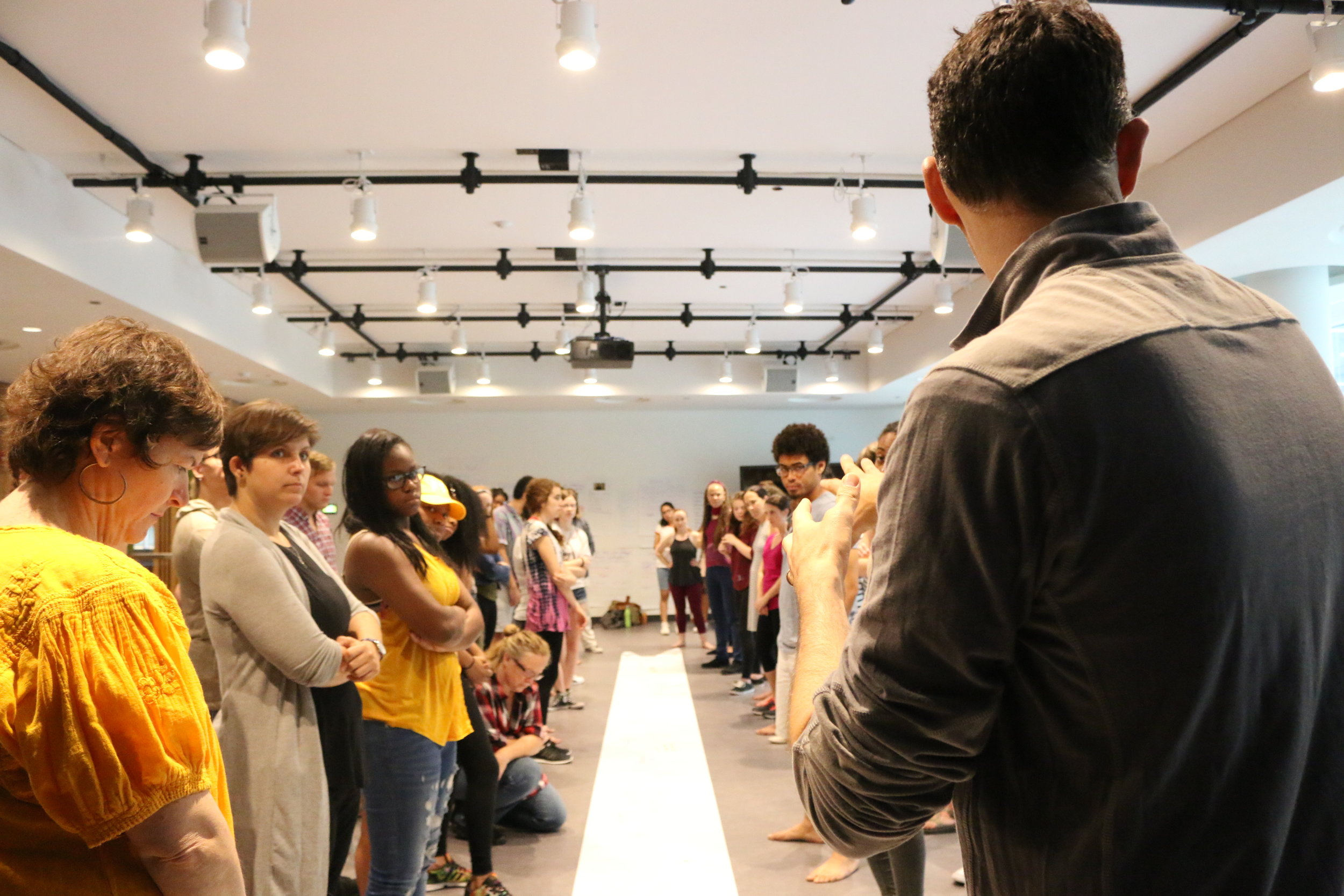A note to President-Elect Joe Biden and his Transition Team
Public Health requires Public Imagination
By Michael Rohd, CPCP Lead Artist for Civic Imagination
November 16th, 2020
You won, Mr. President-Elect.
You won, and we are yours to lead. But we are broken. We are broken from the contest, and we are broken from the days, weeks and months leading up to it. If you listened to Americans these last months, more than ever, you were struck by the different realities in which we live. There is no single story we all believe, nor a vision we all share. Our nation is not healthy.
You have promised, as part of your 7-point plan to beat Covid-19 and get our country back on track, a Public Health Job Corps that will mobilize at least 100,000 Americans to focus on contact tracing and protecting the health of our communities. Health is often defined as a state of physical, mental and social well-being. When the word Public is added to the word Health, we get to questions that are at the root of this national moment- who do we mean by Public? Do we believe in a body, a civic body, to whom we owe shared responsibility and care? In our country, we pride ourselves that we will care for our neighbor and that we will help those far away when tragedy strikes. But do we have a public imagination that sustains a social bond between ourselves and a stranger just beyond our sight?
Mr President-Elect, for all of us to be healthy, we need to build our capacity to imagine together.
Public imagination is necessary for public will. Public will is necessary for public action. Public action is necessary for public good.
In 2019, University of Florida’s Center for Arts and Medicine in collaboration with ArtPlace America published a report called: Creating Healthy Communities through Cross-Sector Collaboration
In it, they said:
“Throughout human history, the arts have been used to accomplish the very things public health is currently challenged to do: support well-being, create social connection, spark and sustain movements, communicate across difference, and transform systems and cultures. Both the arts and culture and public health sectors work to create stronger, healthier, more equitable communities. However, we are missing the power of their combined strengths.”
In addition to the doctors, nurses, community organizers and local residents who will make up your Public Health Job Corps, we must engage artists to light up public imagination. If we promise change but don’t know what we are changing to, we fail. If, amidst recovery, we rebuild but don’t reimagine, we calcify unjust, racist practices and systems, and we miss the greatest opportunity in a generation to do better. For everyone.
Artists are often called on in times of crisis and recovery to bring their expertise to three areas: communication, connectivity and hope. Mr. President-Elect: do that. Work with artists to deliver messages that will save lives. Work with artists to prevent social distancing from shredding social fabric. Work with artists to inspire vision and help people stay strong and loving and generous.
But also-
Work with artists when residents hold varied, contrary perspectives around a challenging public issue, because artists don’t just bring people together in the abstract. Out of Hand Theater’s Equitable Dinners in Atlanta brings diverse people together for food, story and conversation about racial equity- artists have the skills to build community and coalitions.
Work with artists when challenges surround us and we need to envision truly new solutions, because artists don’t just solve problems in their studios. Timeslips, using pandemic emergency funding, deploys creative interventions with elders in Milwaukee to combat social isolation (which magnifies medical issues amongst seniors)- artists have the skills to help solve problems in civic space.
Work with artists when we wrestle with issues of justice and identity, because artists don’t just offer their own visions of what can be- Sipp Culture in Utica, MS blends research, music, agriculture,and storytelling to promote the legacy of their hometown and economic self-determination- artists have the skills to engage the public with purpose, ask hard questions with love, and hold space for difficult conversations with courage.
Mr President-Elect, we receive different information from siloed sources, we spend our time in echo pods of like-minded thinkers, we carry around with us ideology-informed narratives of conspiracy, paranoia and anxiety. We experience the police in radically different ways, and we are dying from Covid-19 in startlingly disproportionate numbers. Our home of the free has been, for many and for far too long, a home of inequity and injustice. I ask you to recognize the necessity of public imagination in efforts to disrupt systemic and structural racism, revisit national narratives, and heal historic traumas.
Your vision of a nation that works for everyone is dependent on all Americans committing to build a story together- a narrative that includes all, cares for all and is based in a shared vision for what the Public in Public Health should mean. We need an investment in and a commitment to Public Imagination. I ask you to include artists in your Public Health Job Corps and to prioritize Public Imagination in the work of protecting and re-building our communities. Artists, designers, culture-makers, and heritage-holders are a local resource in every place. They can help us co-create our shared story, imagine a better nation and devise how we get from here to there.

